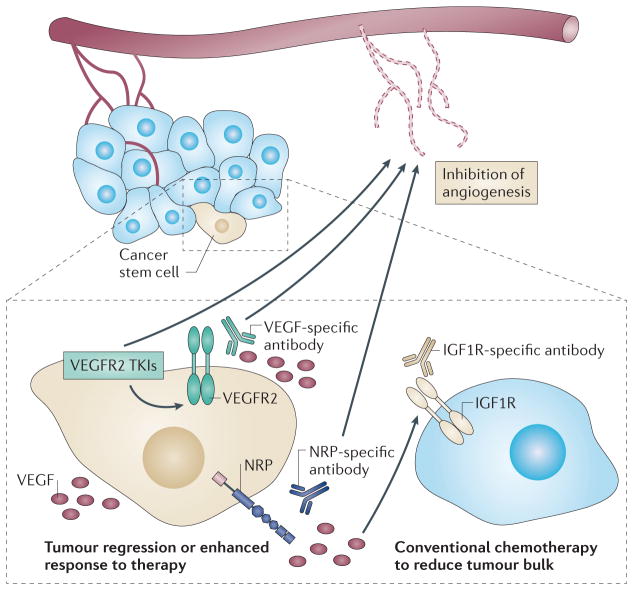Figure 4. Therapeutic targeting of VEGF signalling in tumour cells.
The functional importance of vascular endothelial growth factors (VEGFs) and VEGF receptors — that is, neuropilins (NRPs) and VEGF receptor tyrosine kinases (RTKs) — that are expressed by tumour cells, in particular those that are expressed by cancer stem cells (beige cells), provides an important opportunity for the development of new therapeutic approaches, especially for highly aggressive tumours. These approaches have the potential to promote tumour regression and to improve the response to standard chemotherapy and radiation therapy. So far, strategies that inhibit VEGF signalling have primarily focused on targeting angiogenesis using either bevacizumab to inhibit VEGF or tyrosine kinase inhibitors (TKIs) that target VEGF RTKs such as VEGF receptor 2 (VEGFR2). NRPs are becoming recognized as crucial effectors of autocrine VEGF signalling in tumours, and more emphasis should be placed on targeting them therapeutically. Although some side effects were observed during the initial clinical use of a humanized NRP1 antibody, targeting NRPs is still a potentially effective strategy, and approaches need to be developed that minimize these side effects. It is also important to note that bevacizumab does not inhibit the binding of VEGF to NRPs, which highlights the importance of targeting NRPs directly and developing VEGF-specific reagents (such as placental growth factor (PLGF)-specific antibodies) that inhibit NRP binding. Targeting NRPs can result in compensatory signalling by other growth factor receptors, which indicates the potential importance of using a combination therapy. This possibility is shown by the compensatory insulin-like growth factor 1 receptor (IGF1R) signalling that occurs in prostate cancer, and it is likely that other mechanisms of compensation in response to VEGF pathway inhibition will be discovered for other tumour cells. These approaches may benefit from the use of conventional chemotherapy to reduce overall tumour burden.

